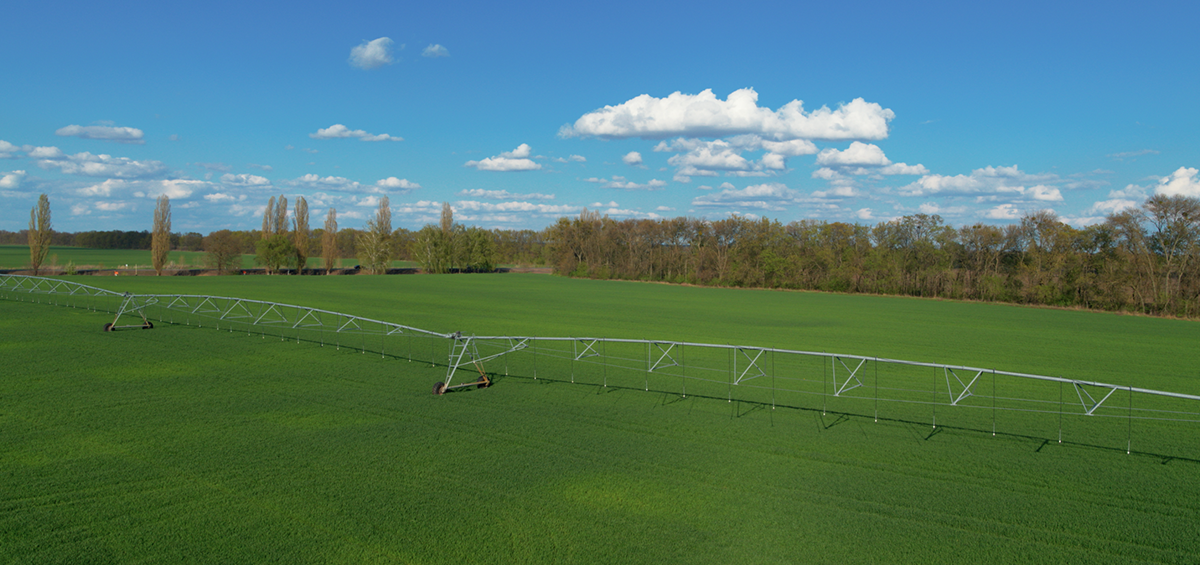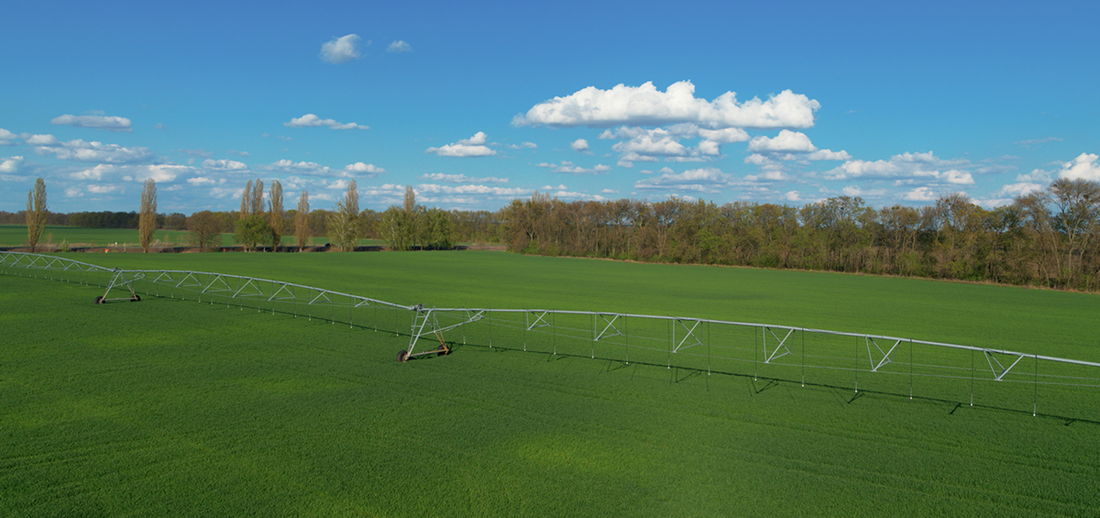
Irrigated agriculture plays a key role in food production. However, agriculture, as it is practiced today, is responsible for 70% of all freshwater withdrawals in the world, according to FAO. With the growing population, the need for food production will be higher, as well as the need for a lot more water. FAO estimates that global water demand for agriculture is expected to increase by 35% by 2050. Producing More Food while Using Less Water.
To address this challenge, the key is to make agriculture irrigation systems more productive and less damaging for the planet, which means producing more food while using less water, building the resilience of farming communities to cope with floods and droughts, and applying clean water technologies that protect the environment.

Sustainable water management for farmers means managing water they have access to for its best and highest use but also considering their ecosystem and future water needs. Improving water productivity in agriculture is essential and includes a thorough monitoring of water usage efficiency. Agriculture is the most water-intensive industry and one of the largest polluters of water supplies. Water management in agriculture is critical, as it directly impacts crop yield, ecological viability, and food security.
Now that crop production is increasingly subject to risks due to climate change and growing populations straining aquatic resources, farmers need to adopt smarter practices for sustainable agricultural water use. By leveraging data and technology, precision agriculture removes the guesswork from irrigation. This results in the right-time, right-place, and right-amount water use in agriculture, which boosts crop productivity and prevents resource wastage.
Competition for water brought on by rising temperatures and urbanization poses a threat to intensive agriculture. On a global scale, the agriculture sector uses over half of all freshwater. Despite projections of agricultural production growth of roughly 70% by 2050, a large water share will need to be shifted away from agriculture to satisfy future demand in other sectors
Already, this emphasizes the importance of sustainable water management in agriculture, with the protection of limited aquatic resources as a primary priority. The current paradigm of agriculture water management encourages sustainable agricultural practices, enhanced resource allocation efficiency, and ecosystem preservation. Therefore, the long-term success of agriculture relies on conformity with this paradigm.


